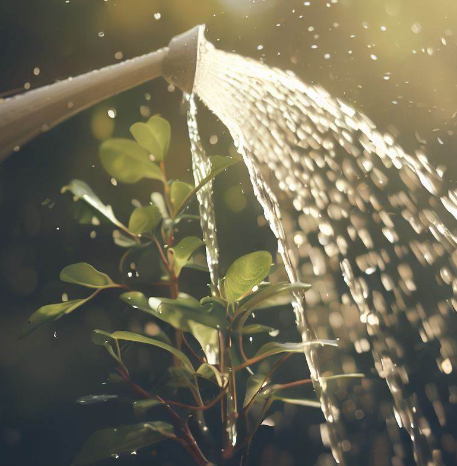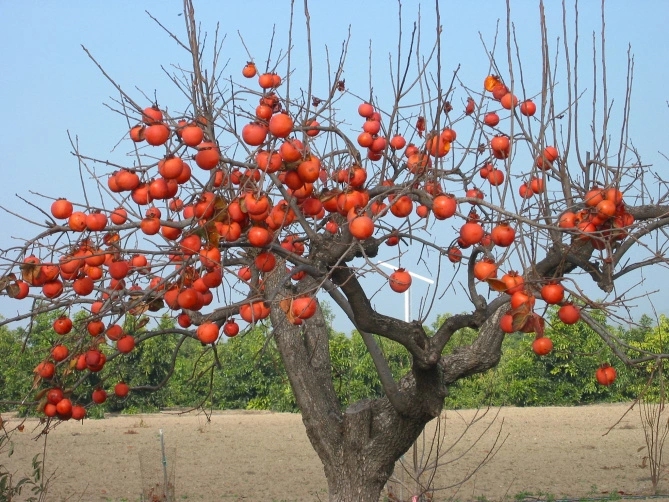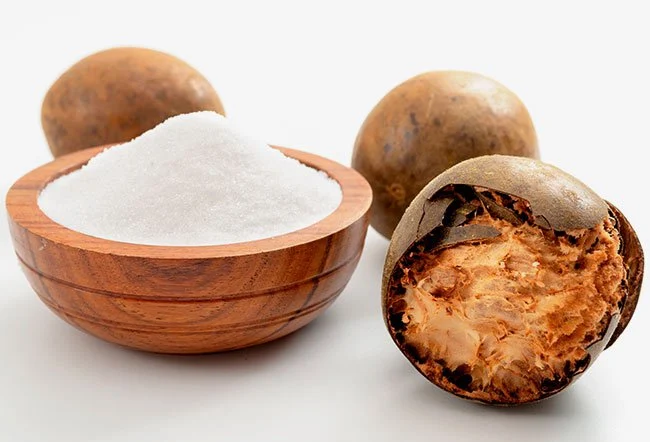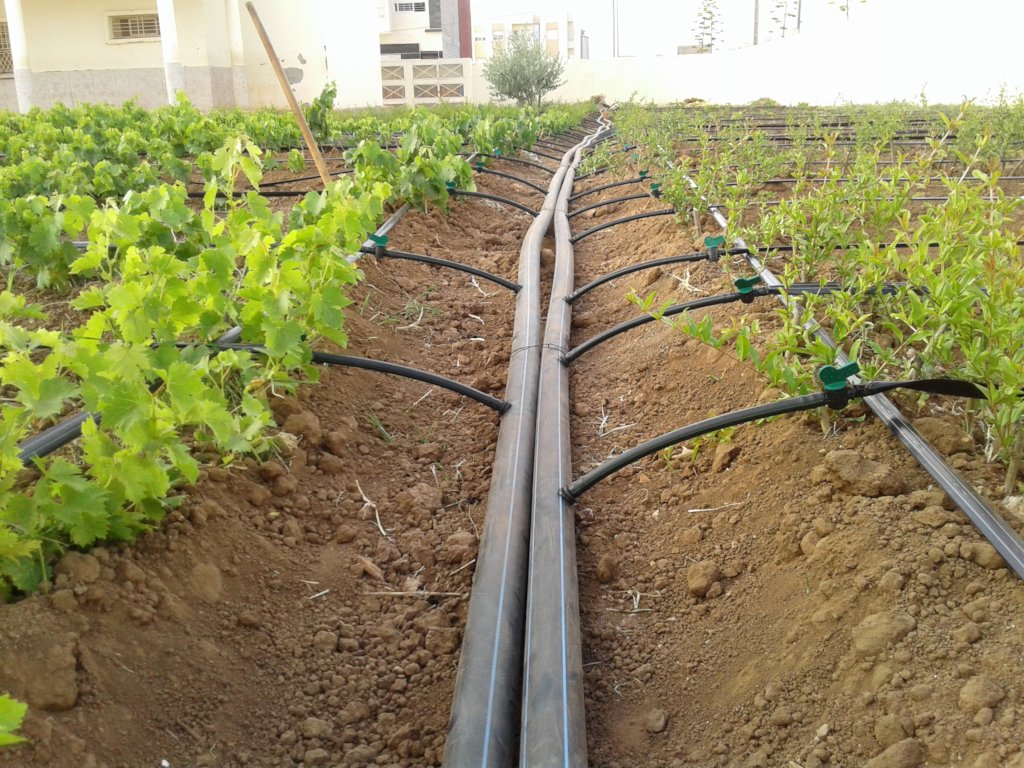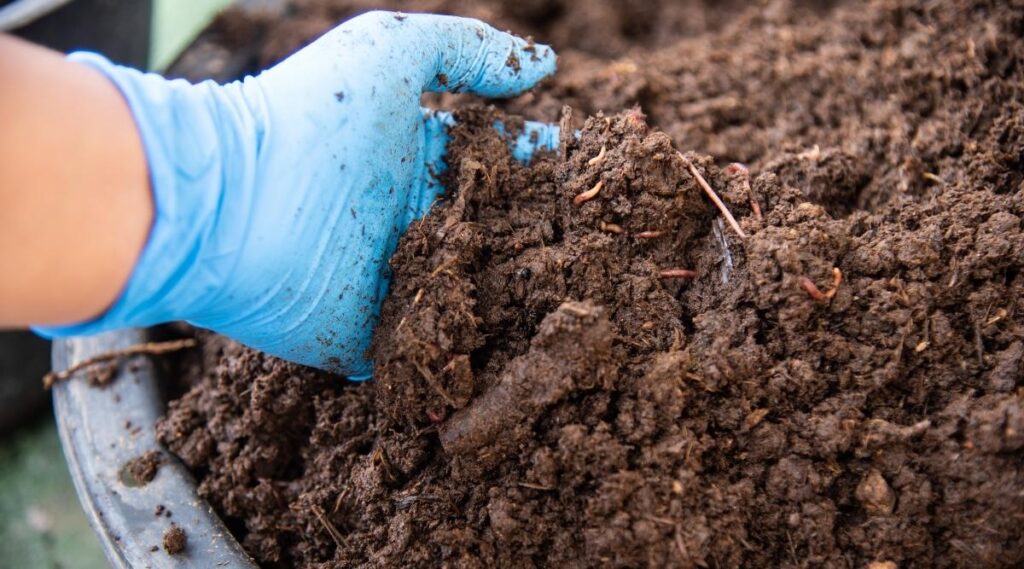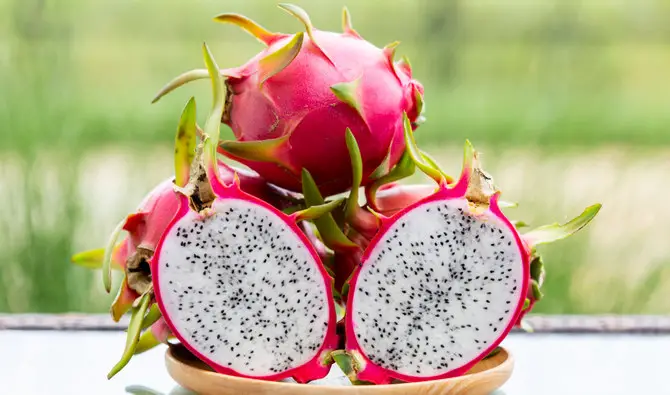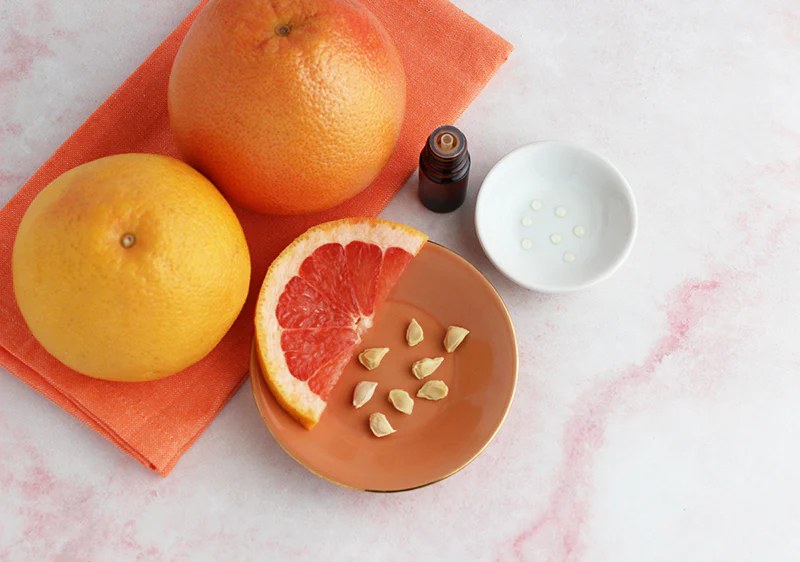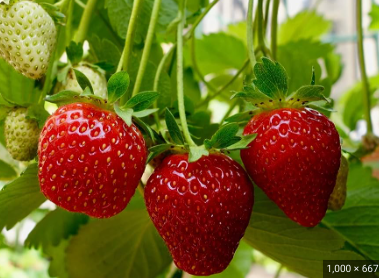Blueberries are delicious fruits packed with nutrition. To grow well, they need the right soil conditions. Manure can help by adding important nutrients to the soil, but you have to choose the right kind of manure. We’re going to look at why manure is good for blueberries and which type is best for them.
Table of Contents
Why Manure is Great for Blueberries
Here’s what manure does for blueberry plants:
- Packed with Nutrients: Manure is full of good stuff blueberries need like nitrogen, phosphorus, and potassium. These help the plants grow, flower, and make berries.
- Makes Soil Better: Adding manure makes the soil hold water better and improves drainage. Blueberries like their soil to be a bit acidic and well-drained, so manure can help create the perfect mix.
- Good for the Soil’s Health: Healthy soil has lots of tiny living things that help plants by breaking down nutrients. Manure brings more of these helpful critters into the soil, making it richer and better for growing blueberries.
- Good for the Planet: Using manure is a way to recycle waste and avoid using chemical fertilizers. This is nicer for the environment.
What Kind of Manure is Best for Blueberries?
- Composted Animal Manure: This is manure that has had time to age or be composted. It comes from animals that only eat plants, like cows, horses, or rabbits. Letting it sit for a while means it won’t burn the blueberry plants and will have fewer weeds or germs.
- Poultry Manure: This comes from birds like chickens or turkeys. It’s really good for blueberries too, but you should also let it age or compost. That way, the high nitrogen won’t be too much for the plants.
- Fish Emulsion: This liquid fertilizer is made from leftover fish parts. It has a good balance of nutrients, including little bits of extra stuff that’s good for plants. You can mix it with the soil or spray it on the leaves.
How to Pick and Apply the Right Manure for Blueberries
When deciding on the right manure, think about what’s available, how you like to garden, and what your soil needs.
Here are some tips:
- Composted vs. Fresh: Fresh manure might be too strong and hurt blueberry plants. It’s better to let it compost for a few months first. This makes it safe for the plants.
- Plant Age: Young plants don’t need as much food as older ones. Adjust how much manure you use based on how big your blueberry plants are.
- Test Your Soil: A soil test can tell you what nutrients you have and what the pH is. With this info, you can choose the best manure for your blueberry plants.
- How to Apply: Put the manure around the plants but not touching them. This avoids any damage to the plants themselves.
Tips for Using Manure with Blueberries
Keep these ideas in mind when adding manure to blueberries:
- How Much: A little goes a long way. Blueberries don’t need a ton of nutrients, so use manure in moderation based on the kind you choose.
- Best Time: Put manure on in the early spring or late fall. This is when the plants are getting ready to grow or rest, so they can use the extra help.
- Mixing: Blend the manure into the soil so the nutrients get spread out nicely, but be careful not to let it directly touch the roots.
- Keeping the Soil Acidic: Blueberries like soil that’s more on the sour side. Some manures might make it less acidic, so you might need to check the pH and adjust if needed. Find out what makes your soil acidic and add something very early.
Wrapping It Up
Manure can really help blueberries grow by adding nutrients and making the soil better. Just be sure to use it carefully, watch your timing, and keep an eye on the soil’s acidity to get the best berries.
